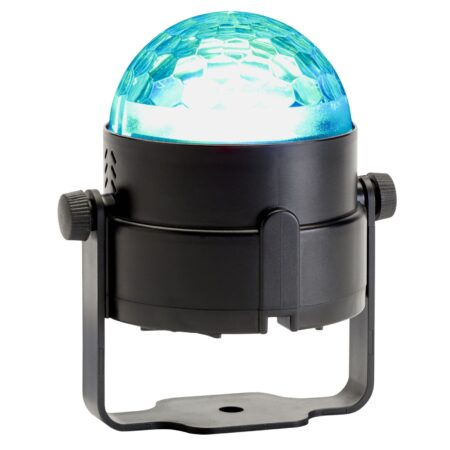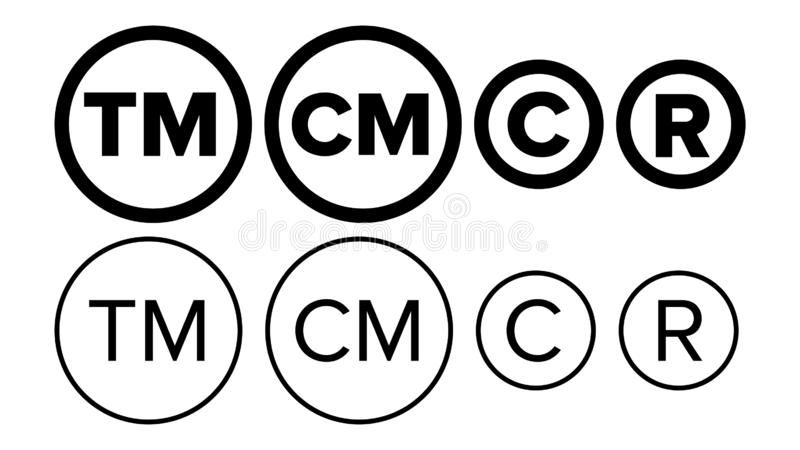Effects of Alcohol on the Body
Content
Another way in which alcoholic drinks affect the brain is through depriving it of food substances such as vitamins. This is because heavy drinkers often neglect their diet, which can lead to vitamin deficiencies. Thiamine, one of the ‘B’ vitamins is most commonly missing from the diet and can lead to serious mental disturbance.
Adolescents who drink have a higher probability of injury including death. The heart is extremely vulnerable to the negative effects of alcohol consumption. Over time, heavy drinking can weaken the heart, impacting how oxygen and nutrients are delivered to other vital organs in your body.
The Steps to Liver Disease
If you or a loved one is ready to overcome an alcohol addiction, reach out today. Treatment providers can connect you with programs that provide the tools to help you get and stay sober. How COVID-19 Has Impacted Alcohol AbuseAs the COVID-19 pandemic continues, the numbers of alcohol abuse have continued to rise, causing concern across America. Our website services, content, and products are for informational purposes only. Healthline Media does not provide medical advice, diagnosis, or treatment. Even if you feel like you’ve sobered up, you may still have alcohol in your system that can affect your reaction time.
- It centers on being more conscious and thoughtful of how much, how often, and why you drink.
- If these figures are extrapolated it shows that the estimated number of patients with alcohol related injuries are over 7,000 during the year at this emergency department alone.
- Chronic drinking can affect your heart and lungs, raising your risk of developing heart-related health issues.
- Every person has their own reasons for drinking or wanting to reduce their alcohol consumption.
- This is because alcohol is distributed through the body by the water in your bloodstream, according to the NIAAA.
The slower reaction times and problems with seeing and hearing put older people who are intoxicated at higher risk for falls and traffic accidents. People older than age 65 https://ecosoberhouse.com/ who drink alcohol should limit themselves to no more than 1 drink a day. Men generally can drink more alcohol than women of the same size before they show its effects.
Does It Help You Sleep?
It appears as if moderate drinking isn’t too bad for the heart. However, some people should probably avoid drinking in its entirety due to risks such as heart failure. In women, heavy drinking during pregnancy can harm the fetus. The baby, effects of alcohol on the body when it is born, may be very small and could have reduced intelligence and facial deformities. This condition is called Fetal Alcohol Syndrome and babies born to mothers with an alcohol problem are at a high risk of suffering from this.
Each delivers about 12 to 14 grams of alcohol on average, but there is a wider range now that microbrews and wine are being produced with higher alcohol content. Alcohol can influence the effectiveness of medications, including sleeping pills, blood thinners, and some antidepressant and antianxiety drugs, according to the NIAAA and National Institute on Aging. Any medications that can cause drowsiness, such as antianxiety or sleeping medications, some antidepressants and antihistamines, and many others, can increase alcohol intoxication when you drink. Be sure to ask your doctor or pharmacist if any of the medications you take can have this effect. For most people, intoxication begins to occur after two to three drinks, but it can occur more quickly, with fewer drinks in a lighter person.
Possible Health Benefits of Alcohol
Hence, drinking alcohol makes it harder for your immune system to gear up and mount a defense response against invading pathogens and viruses. As a result, you may find yourself catching colds and infections more often. Additionally, heavy drinkers usually get most of their calories from alcohol.
What are 10 negative effects of alcohol?
- high blood pressure.
- stroke.
- pancreatitis.
- liver disease.
- liver cancer.
- mouth cancer.
- head and neck cancer.
- breast cancer.
The short-term effects of alcohol consumption range from a decrease in anxiety and motor skills at lower doses to unconsciousness, anterograde amnesia, and central nervous system depression at higher doses. Cell membranes are highly permeable to alcohol, so once alcohol is in the bloodstream it can diffuse into nearly every cell in the body. In addition to the short-term, visible side effects of alcoholism, there are also long-term effects. Individuals who consume alcohol over a prolonged period are more at risk of developing these complications.
















